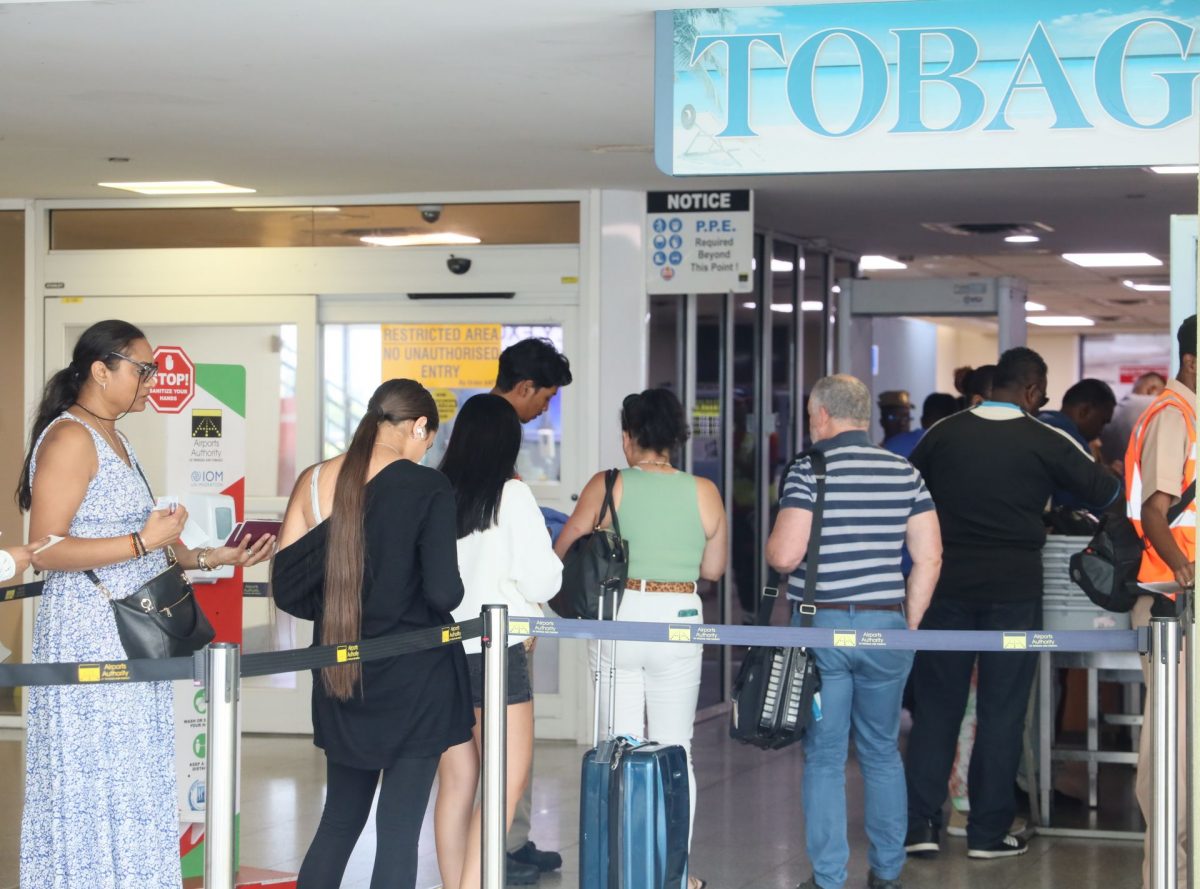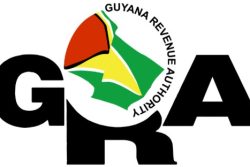(Trinidad Guardian) While there is still no confirmation on whether Sunday’s mass absence of Caribbean Airlines pilots was, in fact, industrial action, some workers are now pointing fingers at management over another issue that may have possibly led to the situation—pilot staffing.
Workers argue that the company’s mismanagement of staff, specifically with the rostering of crew members, and its failure to higher more workers to cater to an increased workload is causing fatigue amongst the pilots.
Documents submitted to the Industrial Court by the state-owned airline and obtained by Guardian Media showed that 54 pilots called in sick on Sunday, causing it to cancel 56 of its 84 flights. However, at least 35 of the scheduled flights on that day did not have a pilot on reserve, a requirement for all flights.
The airline’s “Rules for Flight Crew” document, also obtained by Guardian Media, states that reserves on any day should be sufficient to cover the company’s operations, and a pilot on reserve must be readily available at the airport within two hours of being called.
However, several workers, speaking to Guardian Media under anonymity yesterday, lamented the company’s failure to manage its rostering, claiming that there has not been enough manpower to fulfil the airline’s current expansion of services, which includes additional flights.
Responding to questions by Guardian Media, CAL’s head of Corporate Communications, Dionne Ligoure, confirmed that nine pilots were on reserve on Sunday. She also confirmed that eight reported sick. Asked how the company determines the number of reserves needed each day, she responded, “It’s based on the roster, schedule and operational needs”.
When asked via WhatsApp to explain how CAL concluded that nine pilots on reserve was sufficient, given the over 80 flights scheduled for Sunday, she said, “The airline industry is one of the most HIGHLY REGULATED industries in the world”.
She added, “We are governed by legal and other regulations that are MANDATORY and must be considered in the planning of operations”.
There were approximately 7,368 passengers affected by Sunday’s action with 4,669 of them eventually cancelling tickets amid the mass flight disruptions.
The airline raised a concern over the timing of pilots’ actions to the Industrial Court, since it coincided with ongoing negotiations and subsequently secured an injunction to force the pilots back to work.
According to CAL, it has been locked in negotiations with the Trinidad and Tobago Airline Pilots’ Association (TTALPA) since August 3, 2023, regarding revised terms and conditions of employment, including wage increases for the bargaining period 2015 to 2020. The last exchange of proposals took place on August 18, as TTALPA submitted its counterproposal to the company. On that day, 20 pilots called in sick, 87 flights were scheduled with 8,110 passengers travelling and there were no cancellations. On Saturday (August 19), there were 77 flights, 19 pilots reported sick and four flights were cancelled. Some 6,931 passengers were scheduled to travel on that day and 256 of them eventually cancelled their flights.
CAL told the court that the workers are well aware that August is a peak travel period and said the timing of TTALPA’s actions reflected, “a high level of coordination and execution, intended ultimately to compel CAL to accept the terms of TTALPA’s said counterproposal causing maximum disruption to travellers and their families”.
Section 67 (2) of the Industrial Relations Act prohibits any industrial action by pilots, as they provide an essential service. TTALPA has maintained it did not support any industrial action by its members. However, CAL pointed out that among those who called in sick were five TTALPA executive members (names listed), one of whom had been on official medical leave. It is to be noted that reserve pilots are also TTALPA members.
The company said 73 pilots, between last Saturday and Sunday, called its Systems Operations Control three hours before their rostered flights and indicated they were not feeling well and/or fatigued. It added that no sick leave certificates have been provided to CAL by any of the pilots to date. However, some of the pilots noted that they are only obligated to provide such documents if they have not reported to work for two days or more because of medical reasons.
CAL has since restored its full schedule of flights as recovery efforts continue.







